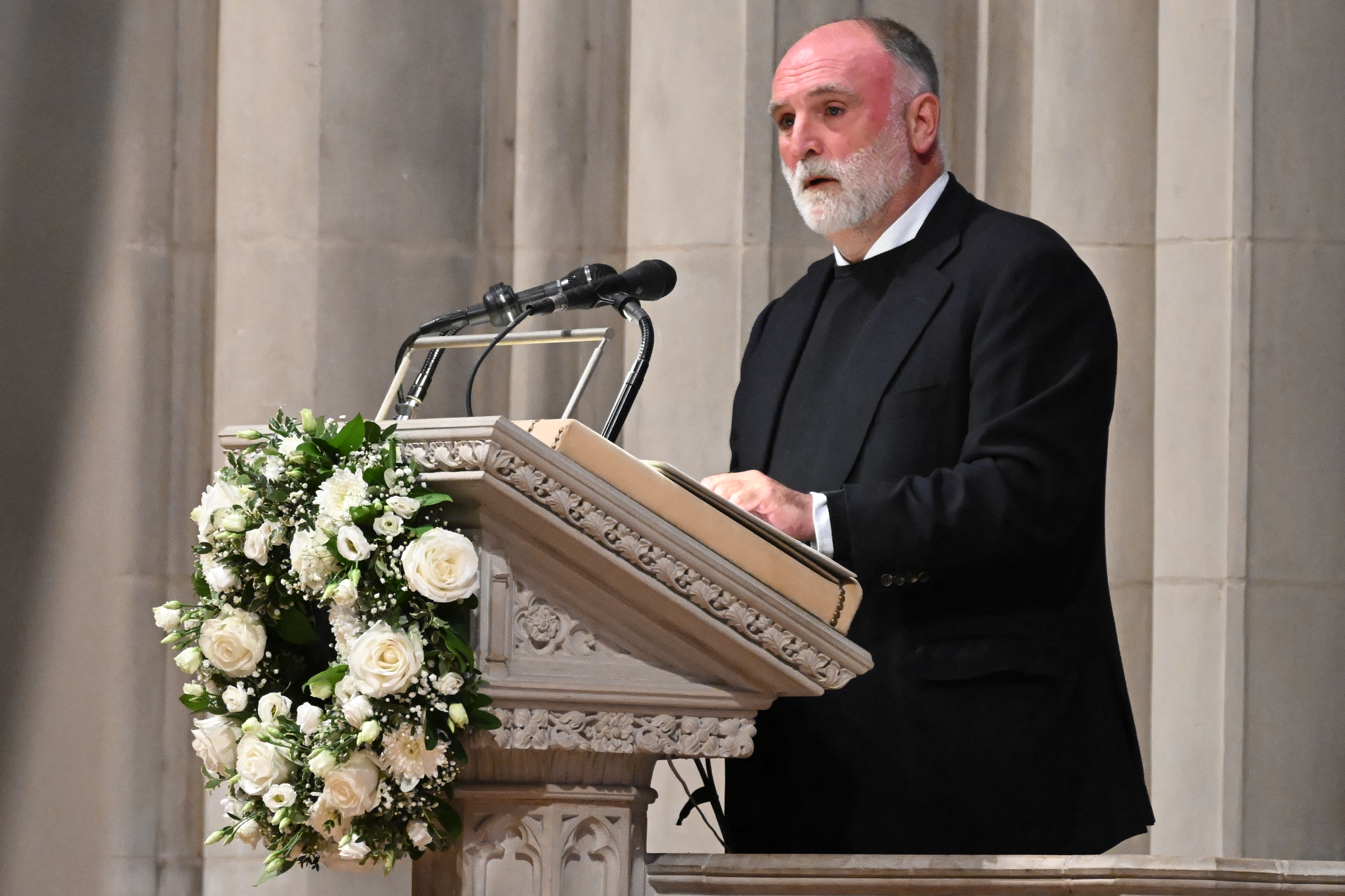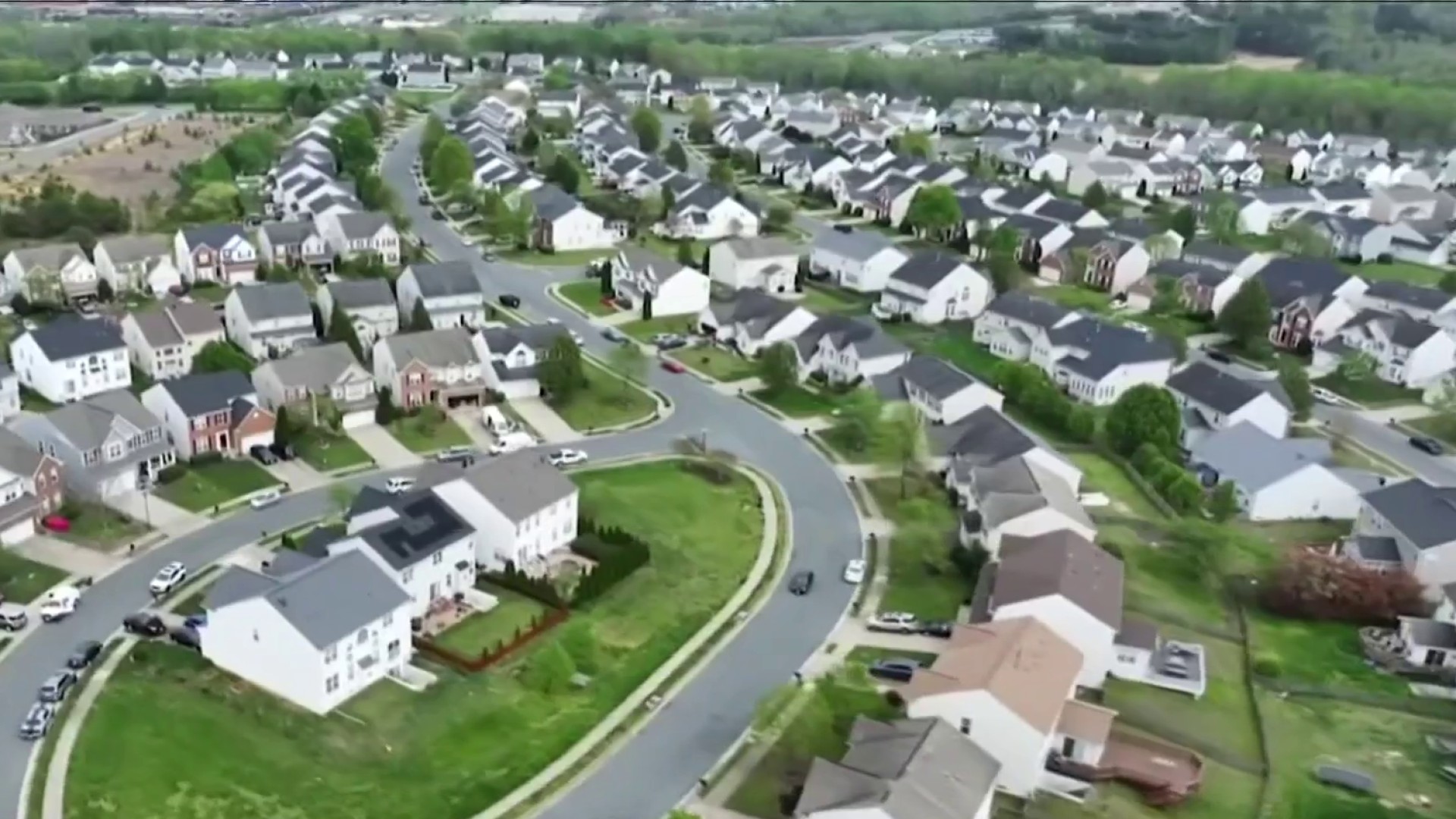An outreach program in Virginia is trying to prevent Hispanic kids from joing gangs by giving the place where they can study, play and hang out after school.
Daniel Muñiz and the rest of the staff at the Don Bosco Center in Manassas, Virginia, elementary school through high school students from the neighborhood by tutoring and mentoring them.
The center was Muñiz’ after school hangout 10 years ago. He said the dangerous lifestyle of gangs was tough to avoid.
“It was always very in your face, kind of,” he said. “They’d always say, ‘Look at this gang, and then look at that gang.’”
Muñiz knows his role is more than just a coach.
“They all look up to me, so they’re like, oh he’s like my older brother, and I hope that I am like that because then, like, that’s who I had. So I want to be like Father Ramon was to me,” Muñiz said.
“We really wanted to reach out to an area, reach out beyond just the normal parish, church setting, and to kind of be there in the streets where the kids are at," said Father Ramon Dominguez of the Catholic Youth Apostles.
Local
Washington, D.C., Maryland and Virginia local news, events and information
He opened the center in 2005 and knows the strong influence of gangs.
“Gangs offer a sense of connectivity,” Dominguez said. “What they like to call familia, a family.”
Recruits are made to feel special, respected and even loved, he said. Gradually they’re exposed to alcohol, drugs and worse.
“And as they get them in further, the kids can sometimes feel like they’re a little bit trapped,” Dominguez said. “‘Well, if I try to leave they’re going to tell on me,’ or ‘I’ve used drugs,’ or ‘I like the drugs. How am I going to get this?’” And ultimately, when they really want them to commit, it becomes very difficult because they end up wanting them to engage in actual criminal activities.”
Getting out isn’t easy.
“And they’re like, ‘No, you’re in, you’re in, and this is it, and you’re not going anywhere,’” Dominguez said.
Many who want to get out try to disappear, Dominguez said.
“And you can help them, but you can only help them disappear so far,” he said. “I mean, they have to drop off social media, they have to drop friends, they have to move a state or two.”
So Dominguez focuses primarily on prevention, making sure they know the potentially deadly consequences.
The field outside the center is dedicated to Miguel Hernandez who was killed in 2010 while walking home from school.
“I do what I can,” Dominguez said. “I work with one kid at a time. I deal with them individually, and that’s what you have to do.”
He said love and communication is how to stop the gang problem.



